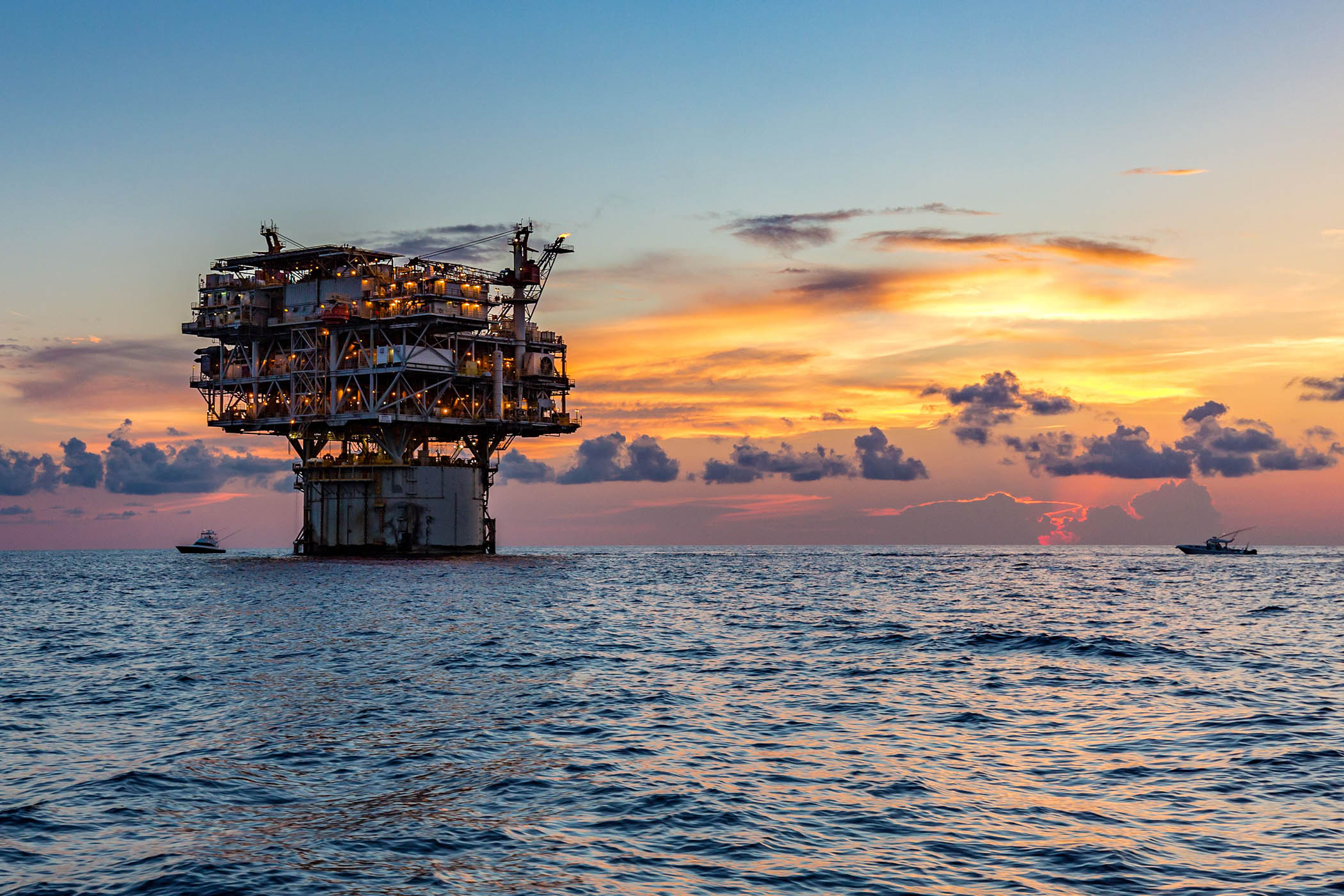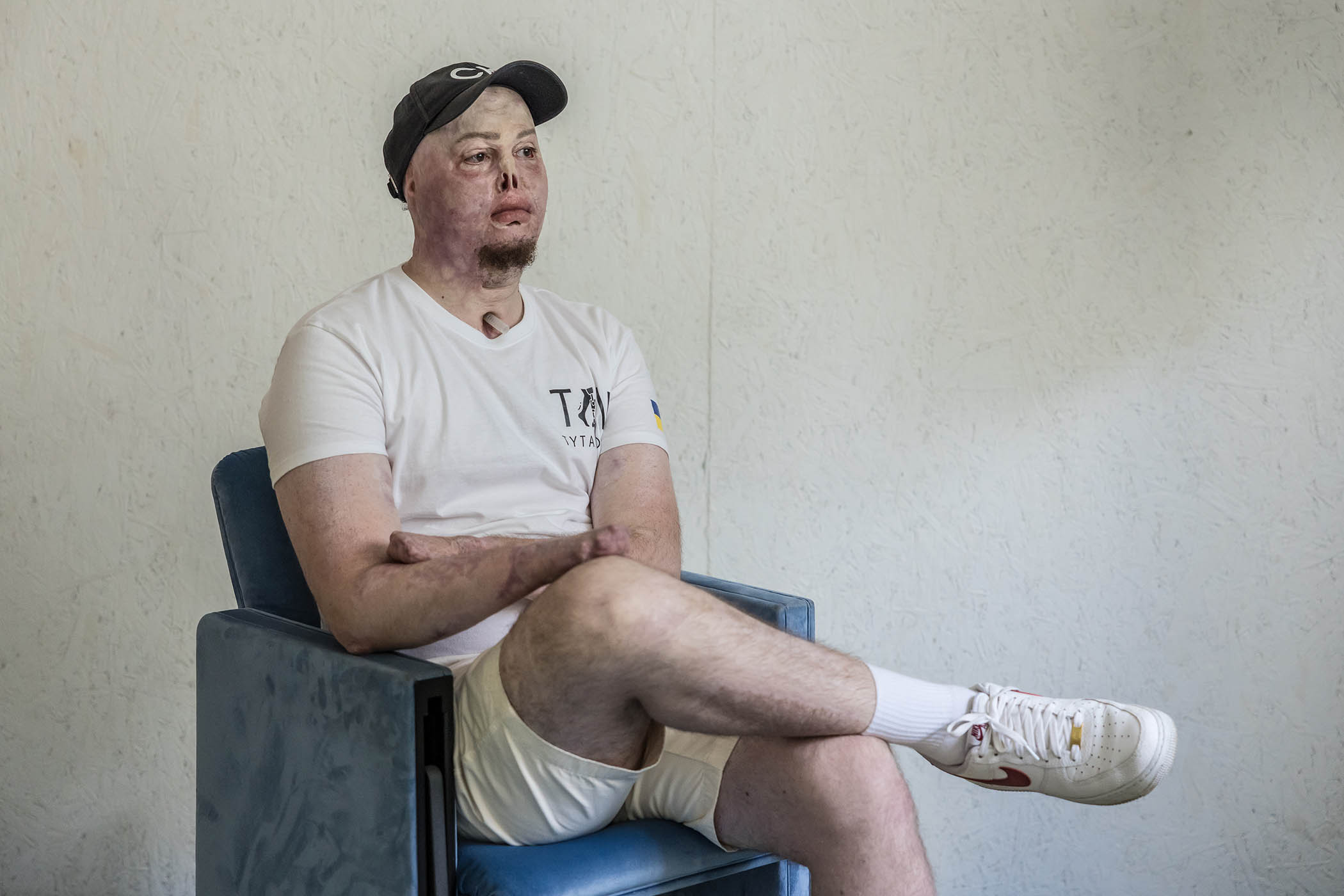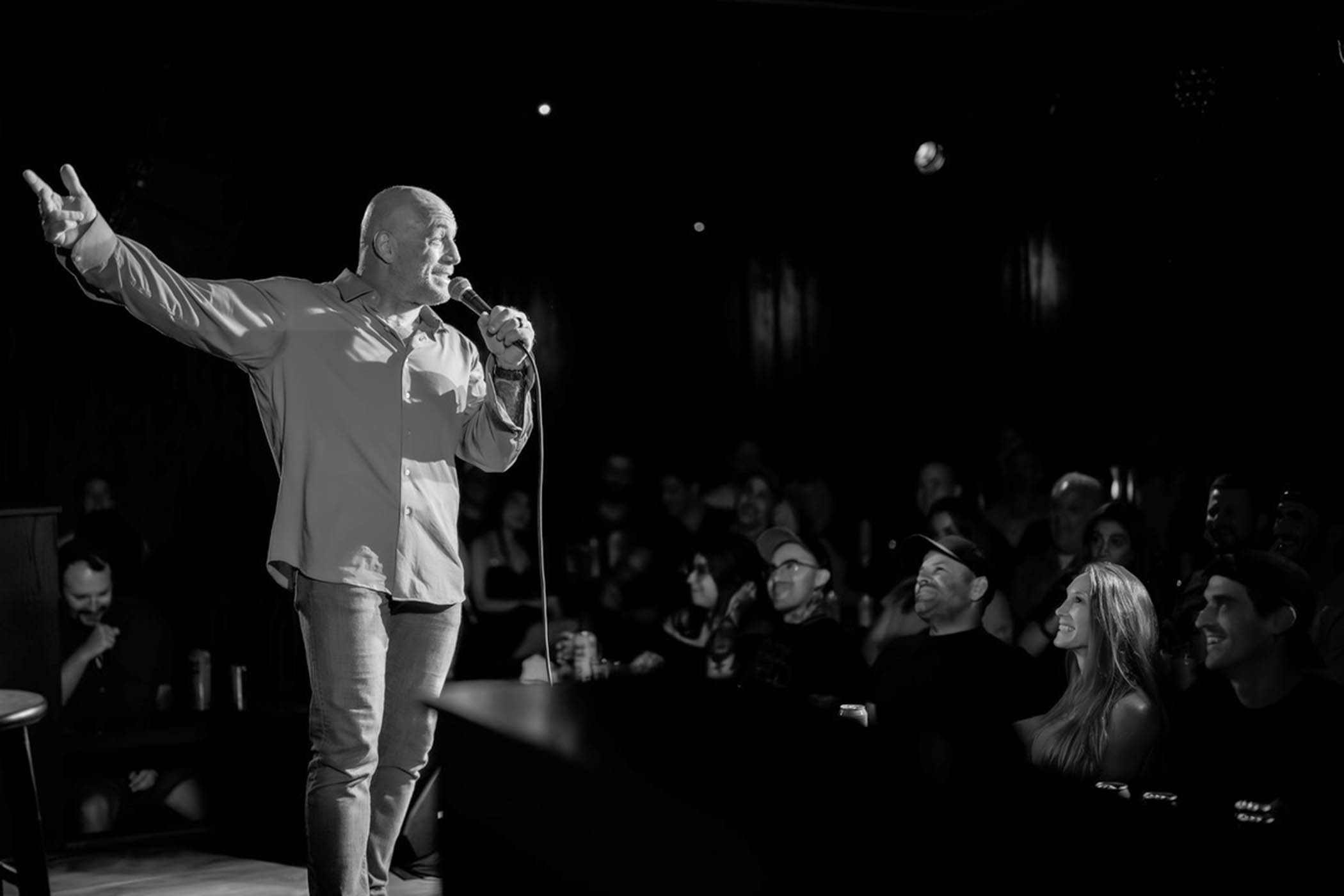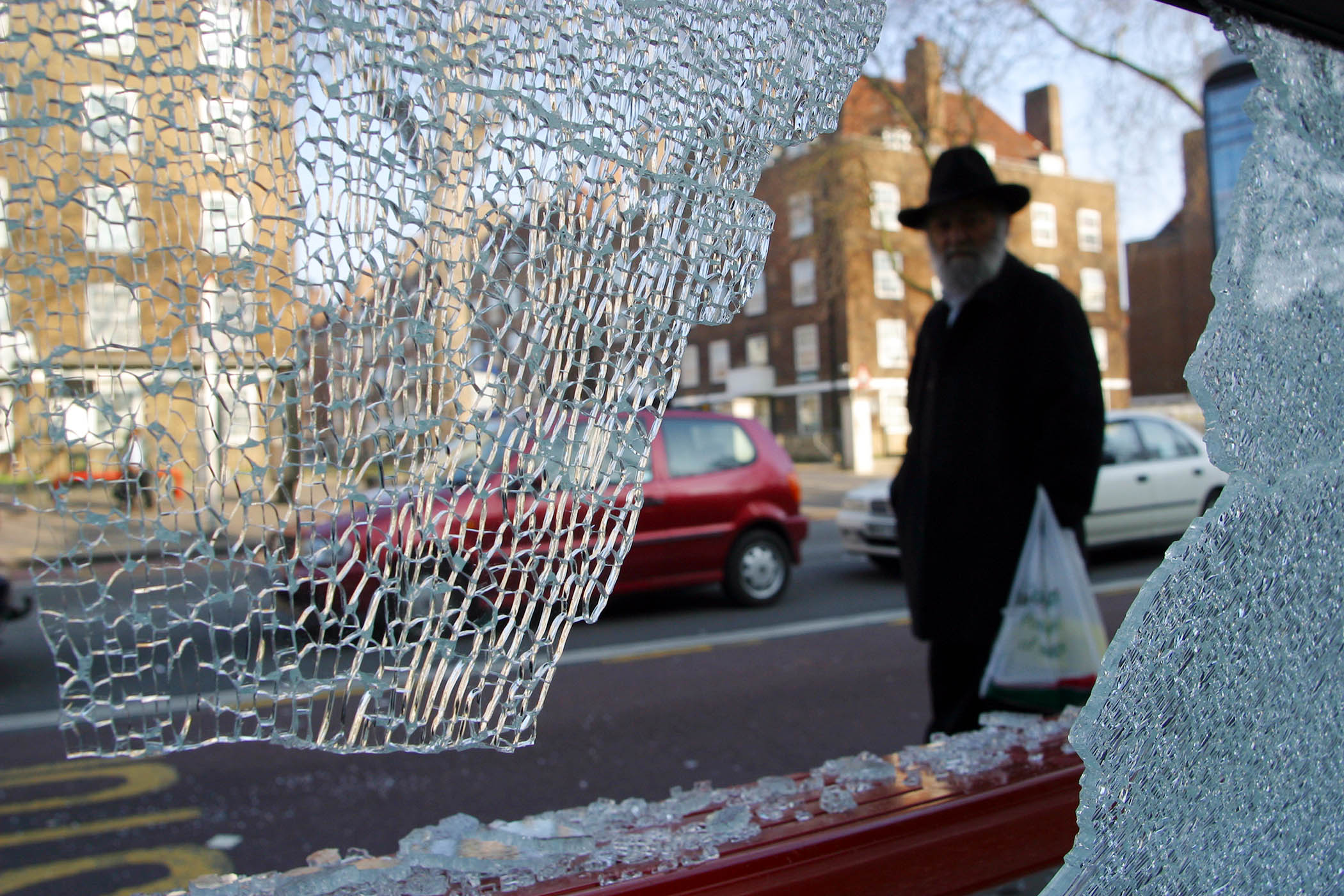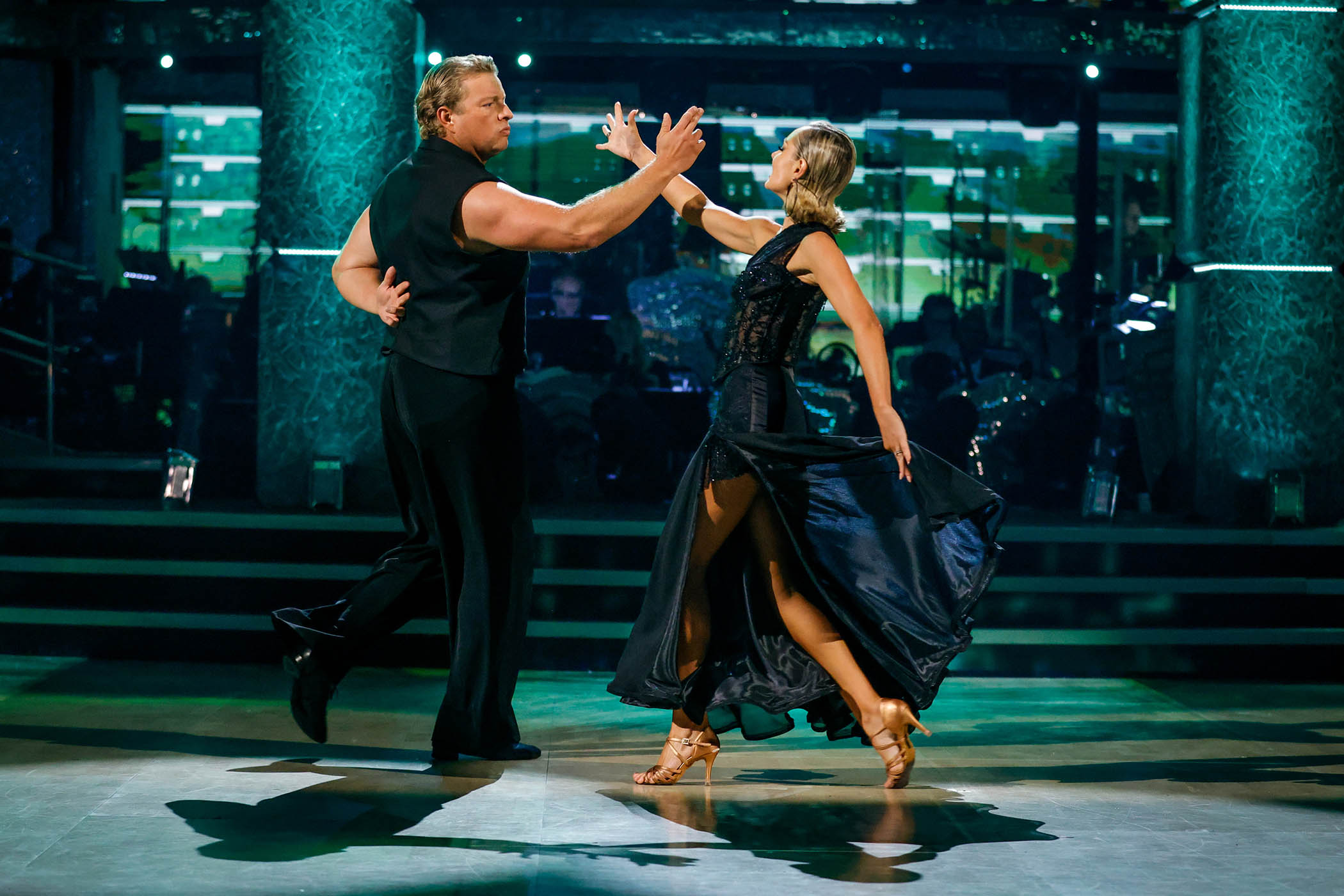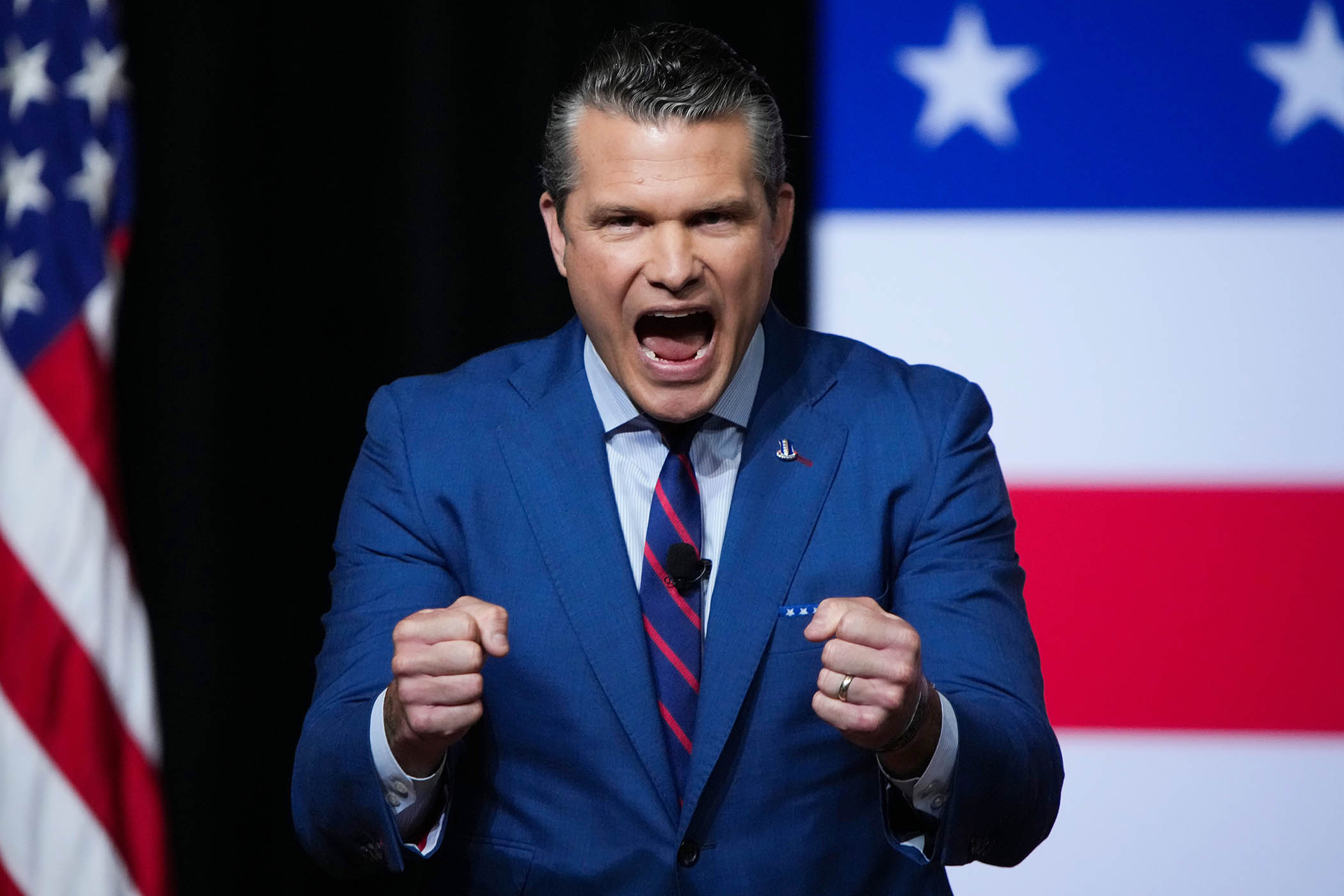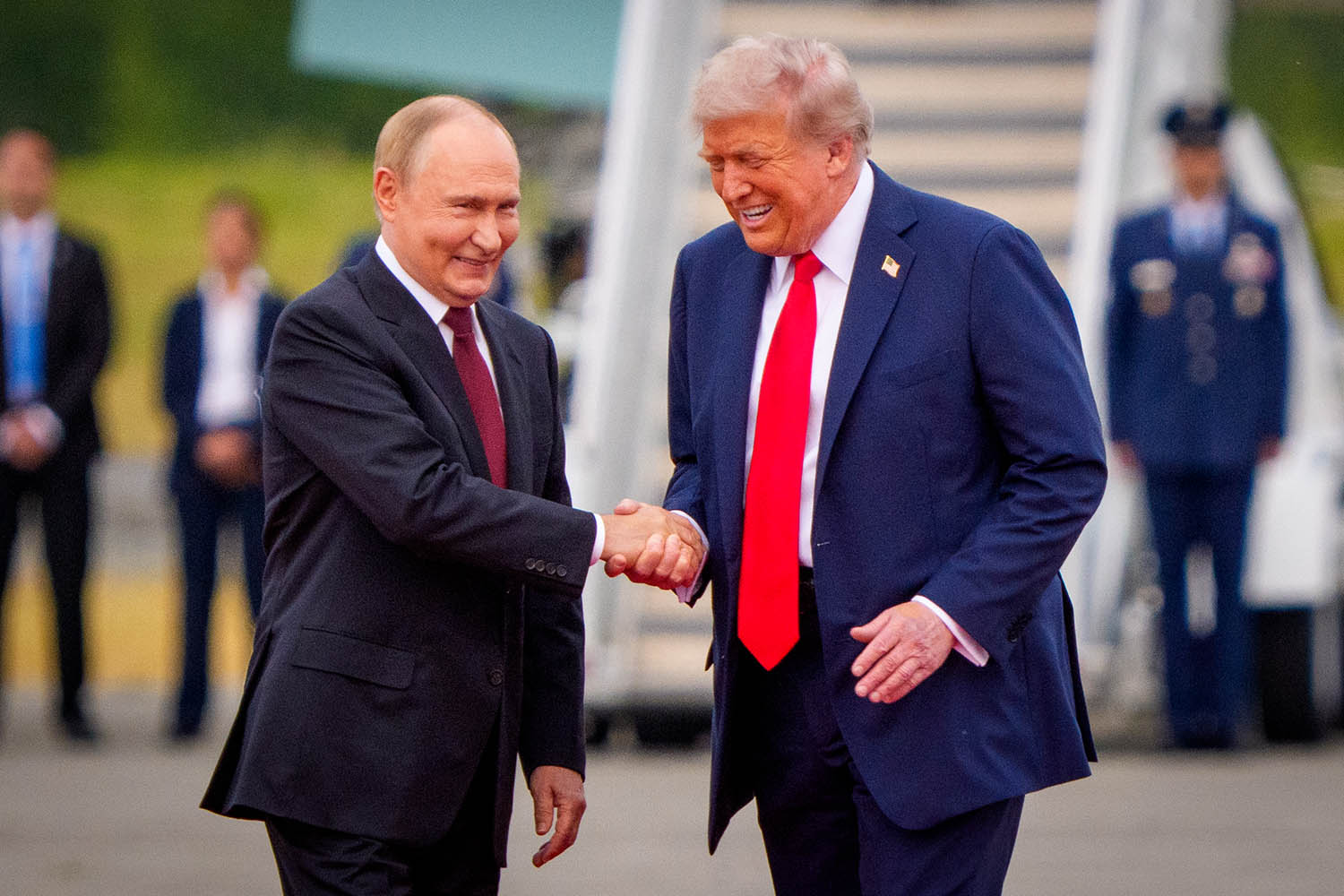
Vladimir Putin’s trip gave him everything he wanted and demanded nothing of him in return
The worst outcome of Friday’s superpower summit in Alaska would have been a deal made in Ukraine’s absence that required it to give up land. That did not transpire, but the next worst outcome did. A Russian leader with the blood of hundreds of thousands of soldiers and civilians on his hands was invited to America and applauded by its president as he approached down the red carpet.
Putin departed earlier than expected but got everything he came for: a handshake with the one person in the world with the power to hold him to account; a one-on-one meeting with no one to factcheck either side; a stage from which to lecture the international press on his bogus view of the “root causes” of a war he started: and, most precious of all, time to go on fighting a war he thinks he’s winning. If this were part of a deal he would have given something in return, but Putin conceded nothing.
Two years ago, an international arrest warrant was issued in his name for war crimes and crimes against humanity. Then-president Joe Biden rightly welcomed it. Since then, Putin has killed more Ukrainians, taken more territory and cleaved to a set of unacceptable preconditions for peace talks precisely because they are unacceptable. He insists that Ukraine give up two eastern provinces and Crimea be barred from joining Nato and accept tight limits on the size of its armed forces.
Putin, having observed the fall of the Berlin Wall while serving in the KGB, knows that democracy is contagious, and he fears it
No Ukrainian leader could survive under these terms. No Ukrainian state bound by them would be sovereign, investable or viable. That is why Ukraine’s President Zelensky, most EU leaders and Sir Keir Starmer want an unconditional ceasefire as a prelude to peace talks. Yesterday Trump appeared to rule that out and side with Putin’s stated preference – sincere or not – for a sweeping deal without a ceasefire first.
Related articles:
The chances of such a deal being agreed, let alone enforced, are slim to vanishing. It would require the kind of trust that Ukraine’s recent history does not inspire. In 1991 its people voted overwhelmingly for independence, a status Moscow has never fully accepted. In 1994, in return for giving up Soviet-era nuclear weapons on its soil, it signed a security guarantee with Russia that Putin chooses to forget. In 2014, the Euromaidan revolution was a popular uprising against Russian influence to which Putin responded by annexing Crimea.
Euromaidan was a triumph of democracy. Having observed the fall of the Berlin Wall as a KGB officer in Dresden, Putin knew democracy can be contagious. As president, he fears it. He claims that his long war is rooted in centuries of Russian history. In reality, it is being waged to ensure his survival in power long after crushing Russia’s own brief experiment in representative government.
Tomorrow Trump meets Zelensky in Washington. It is critically important that they avoid a repeat of their disastrous Oval Office meeting in February, when Trump blamed his guest for being invaded. The signs are that he has since accepted at some level that Putin is the aggressor and not to be trusted – but also that he is weary of holding the line in a conflict on another continent. Eighty years after the end of the second world war he is right to insist that Europe takes care of its own security, but he was wrong to think good might come of pandering to a tyrant.
The nauseating spectacle of Trump and Putin’s mutual congratulations in Alaska is matched only by the sycophancy that now passes for diplomacy in allies’ dealings with Washington. Europe’s leaders lined up yesterday to congratulate Trump on his efforts. Those efforts will come to nothing unless Ukraine and its neighbours convey a simple message unambiguously to both nuclear superpowers: Ukraine’s sovereignty is non-negotiable and no peace deal is worth signing without its consent.
Photograph by Andrew Harnik/Getty
